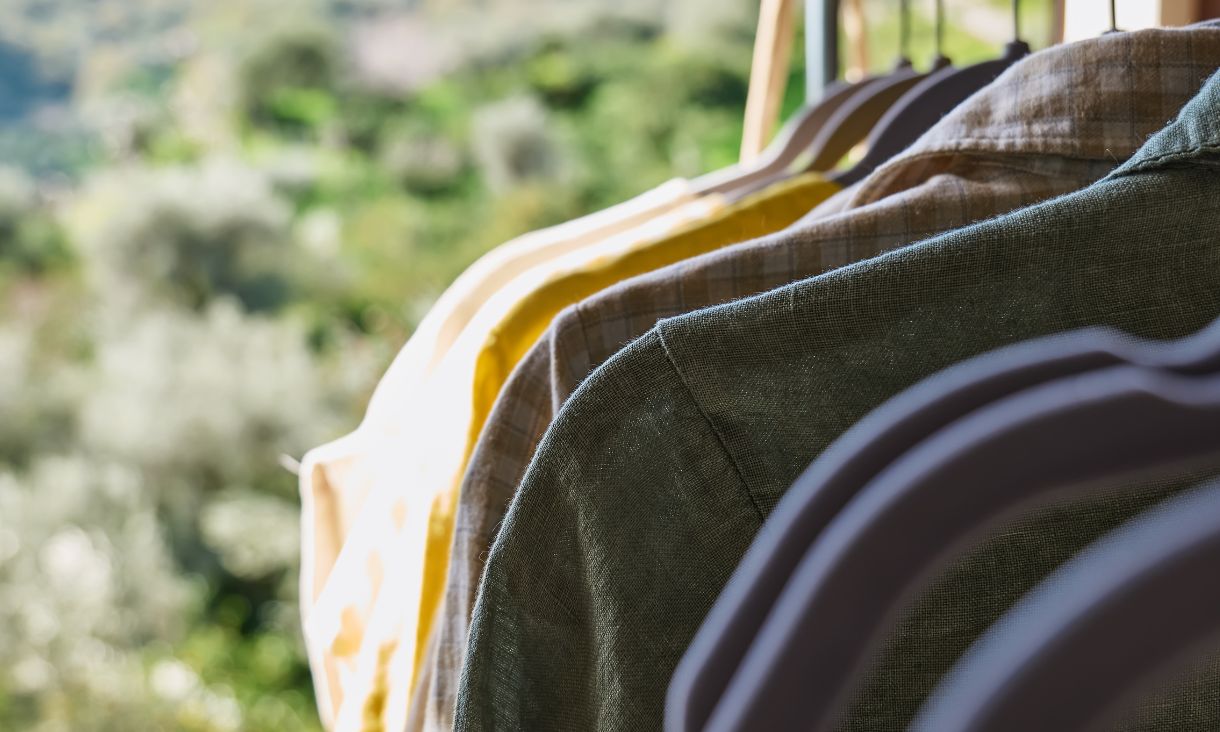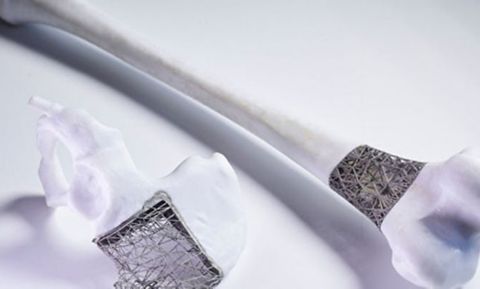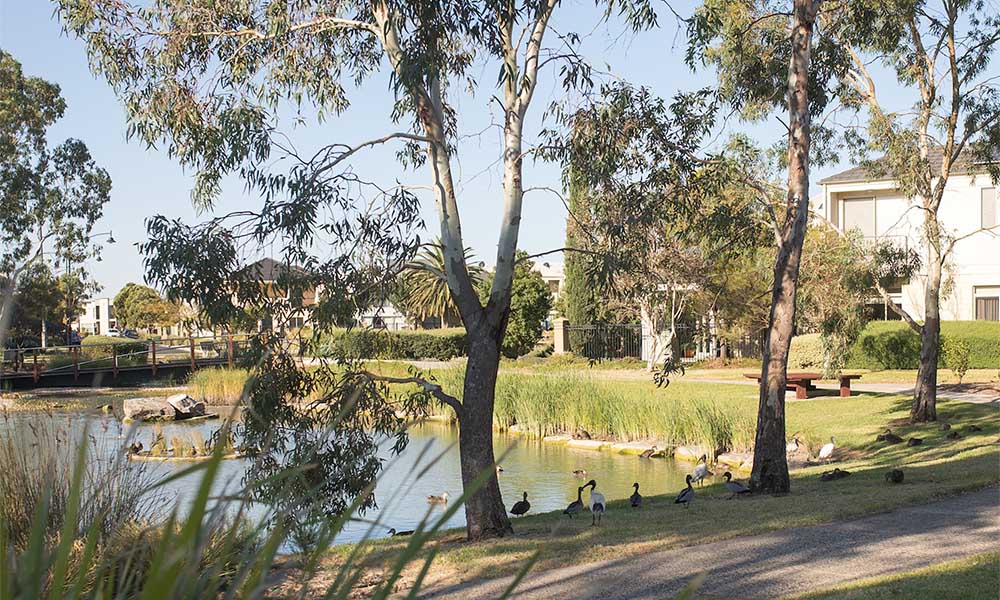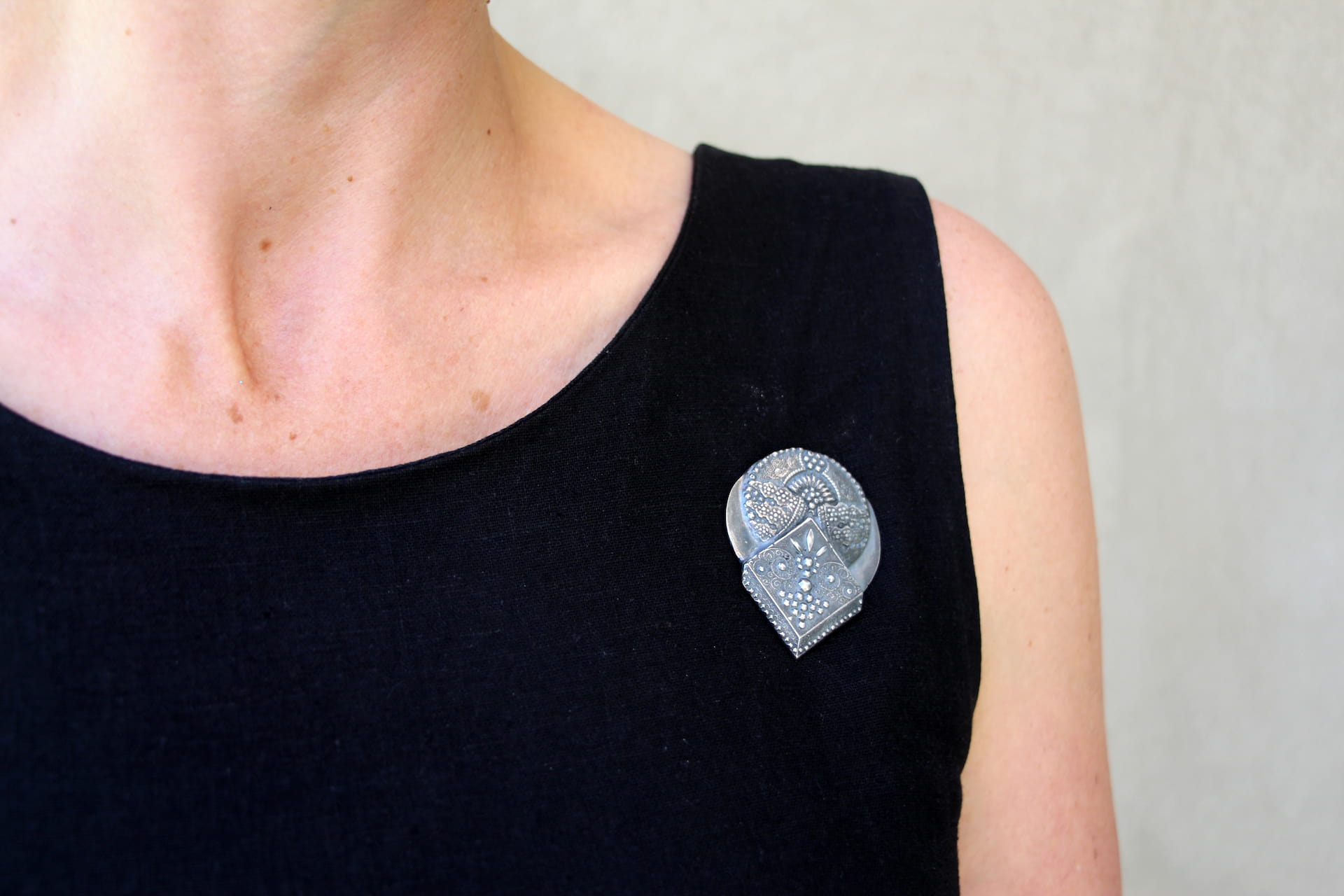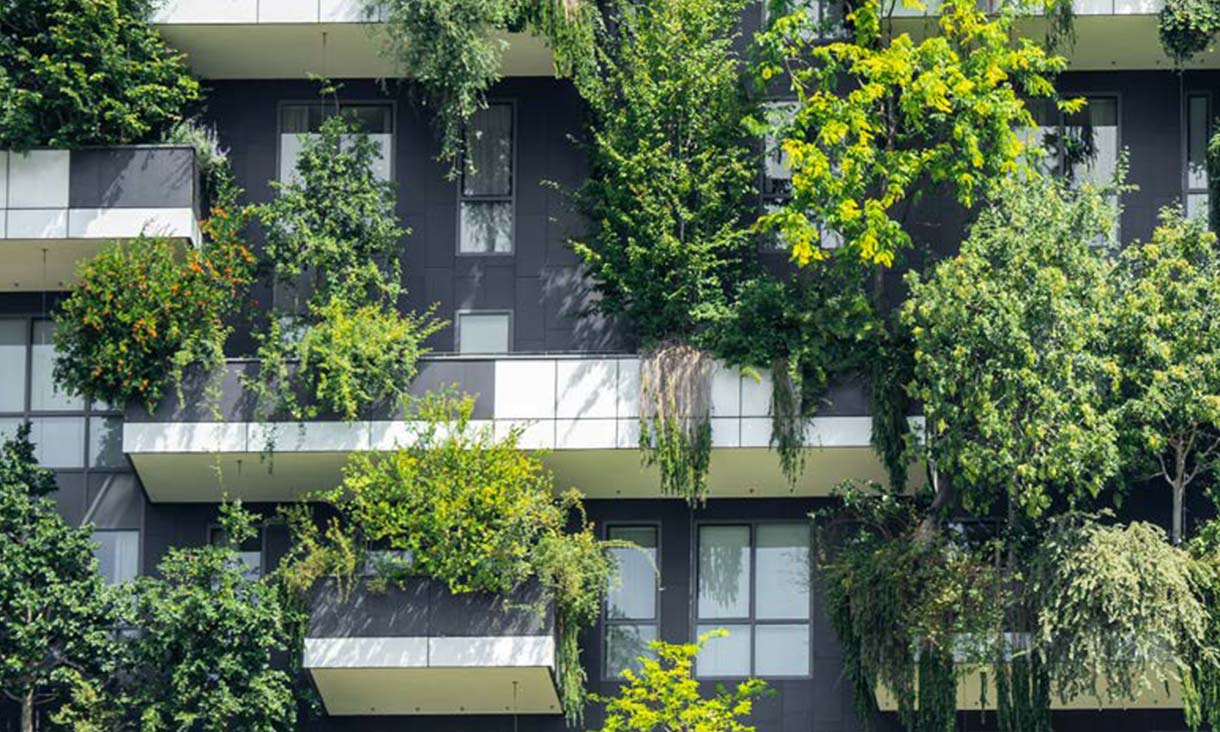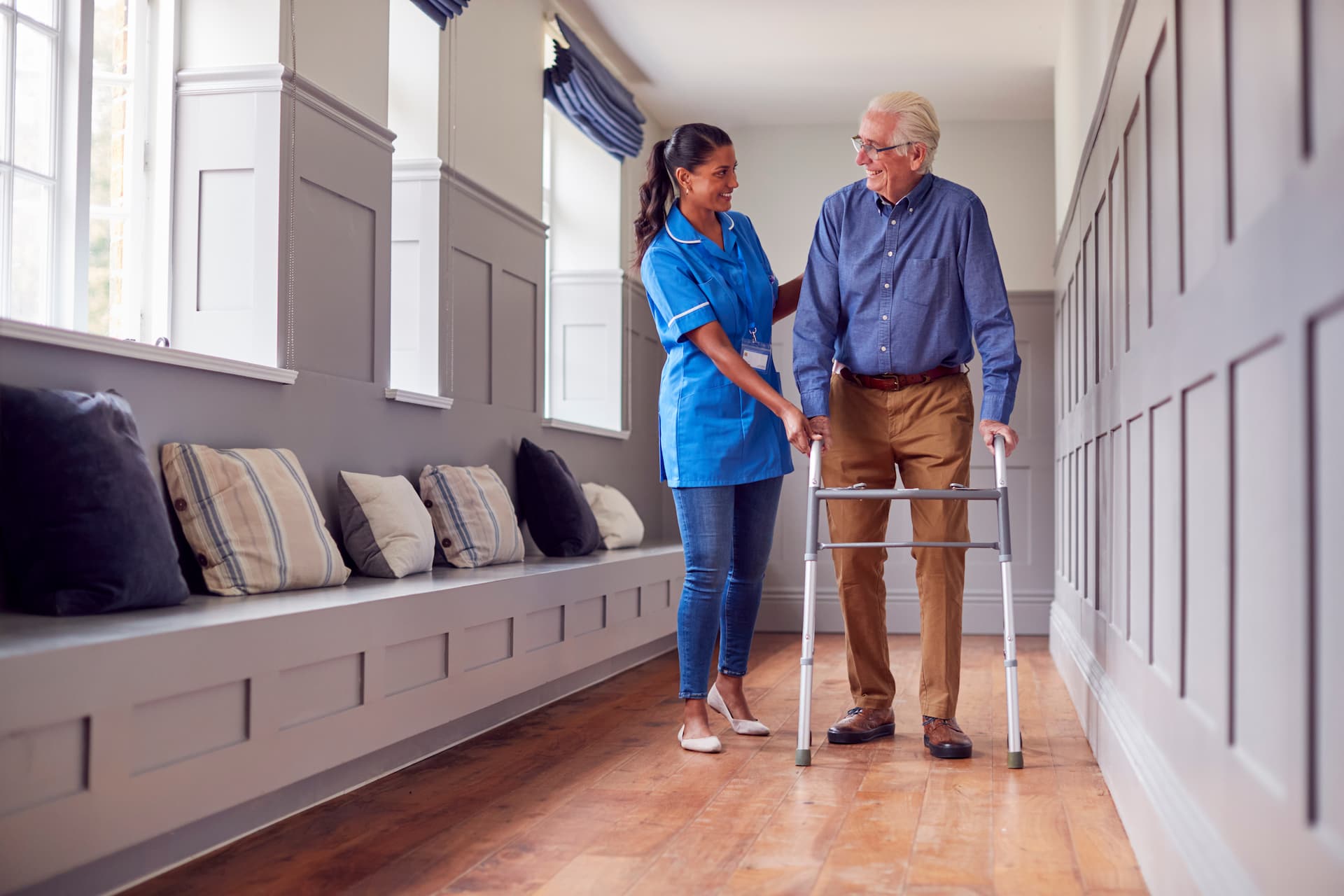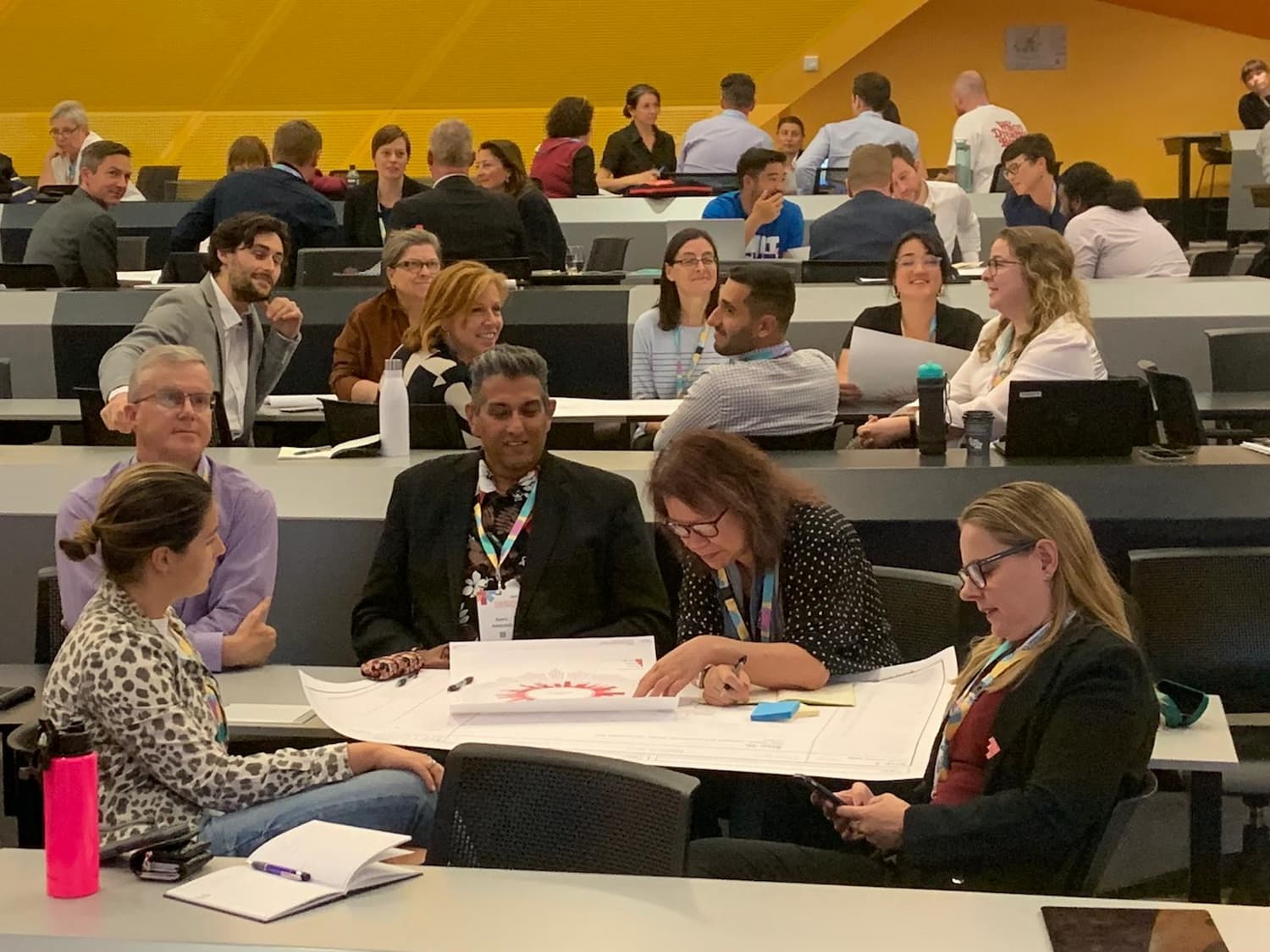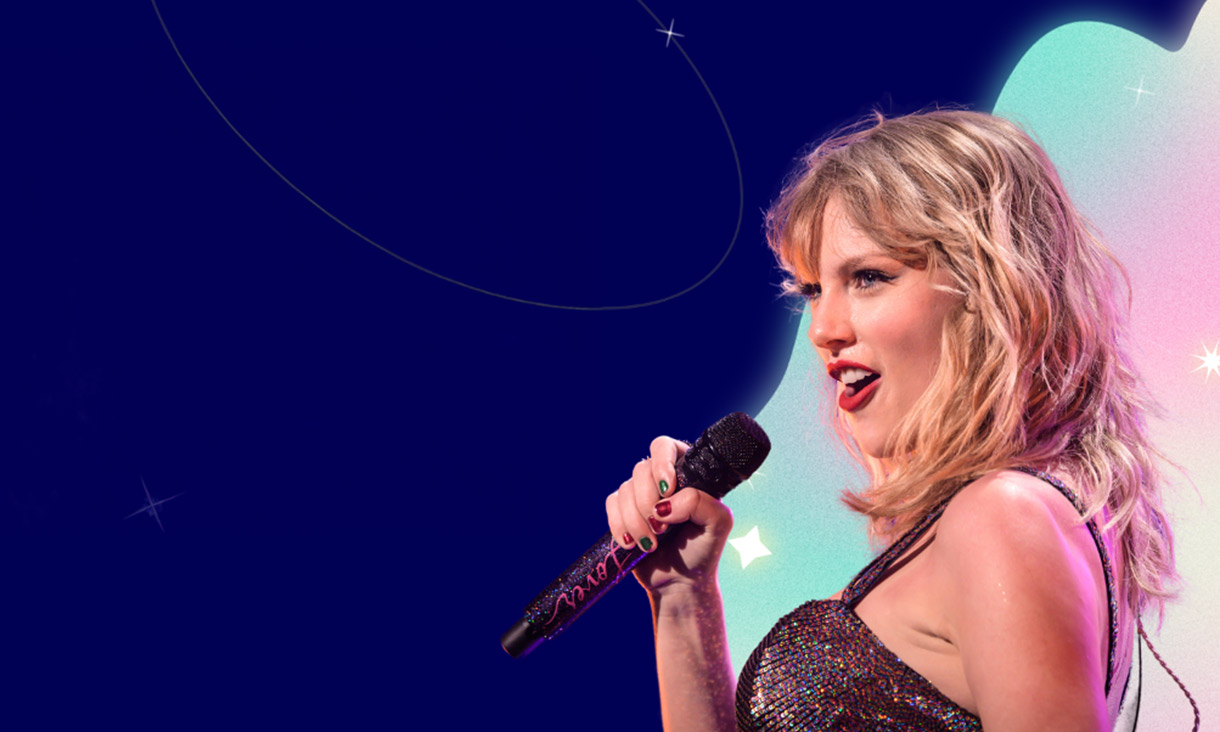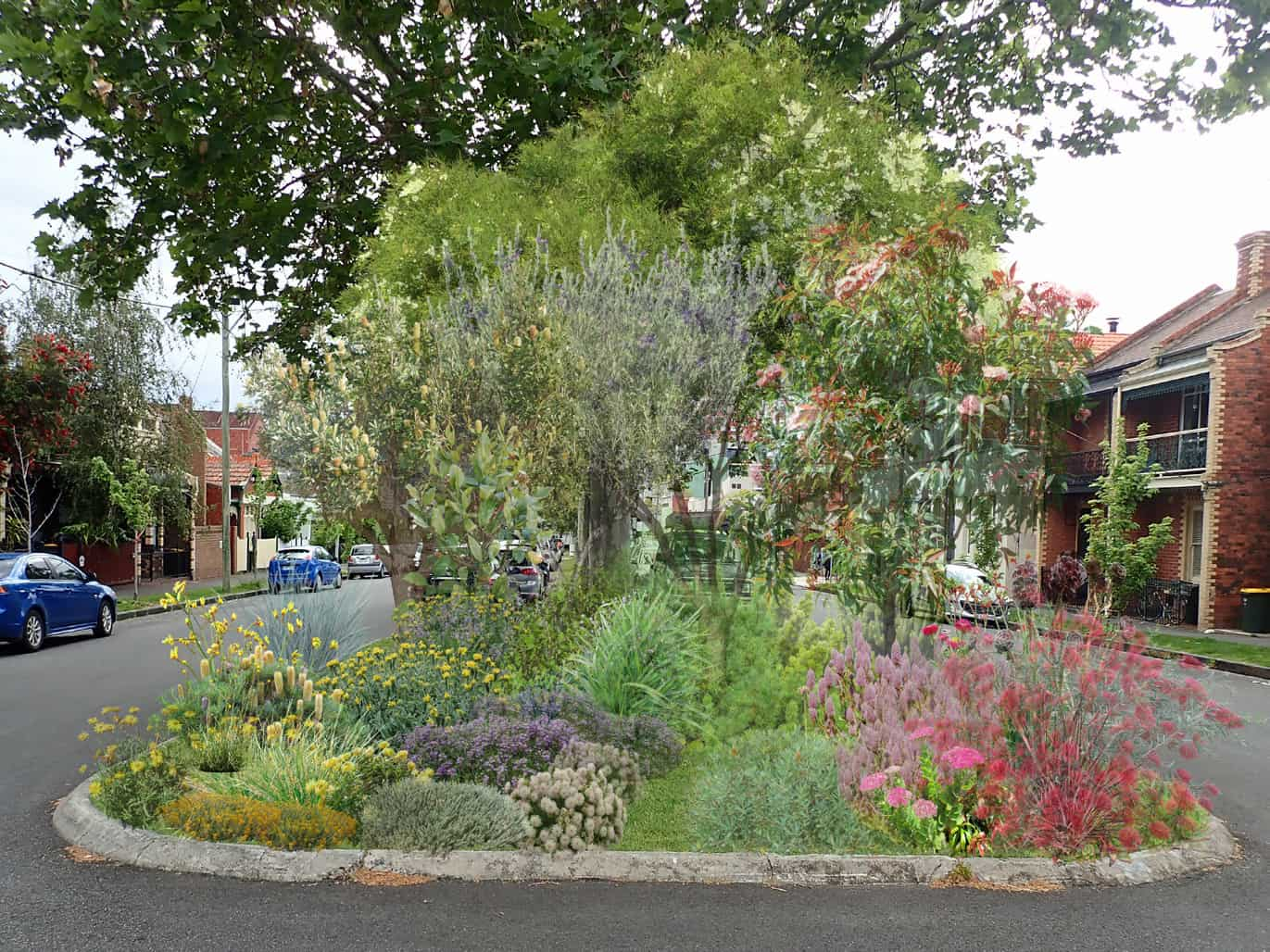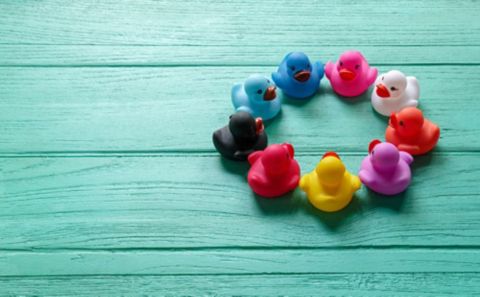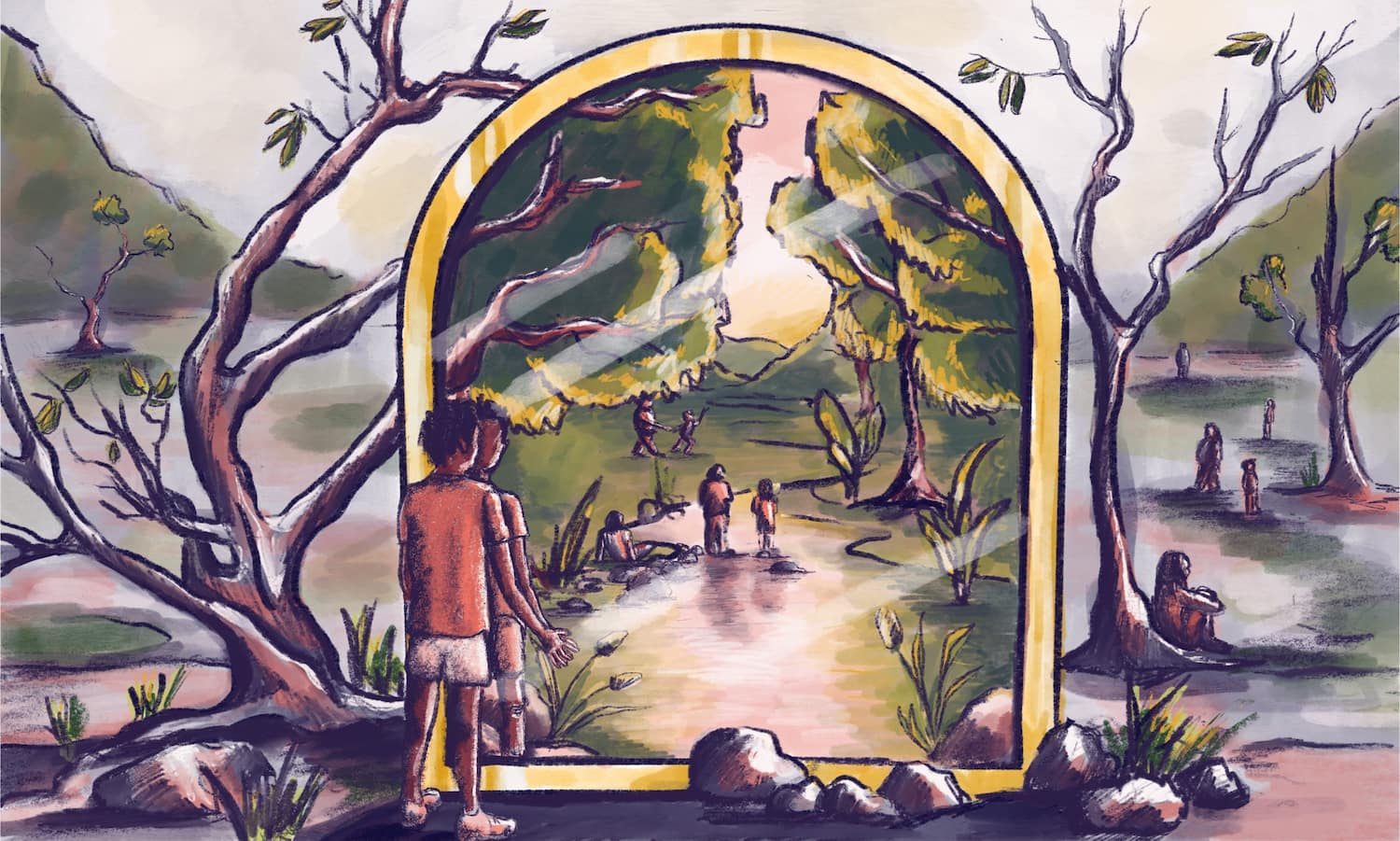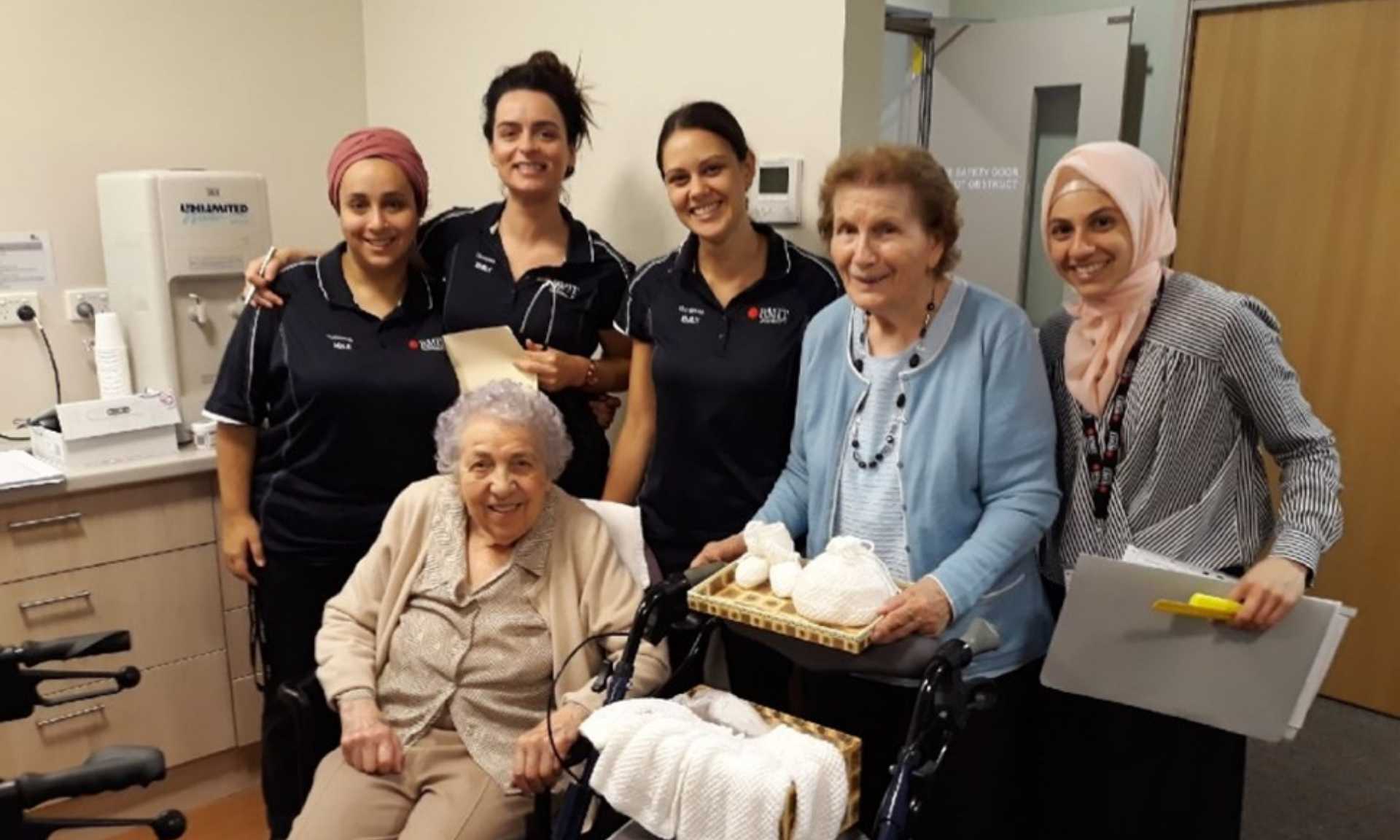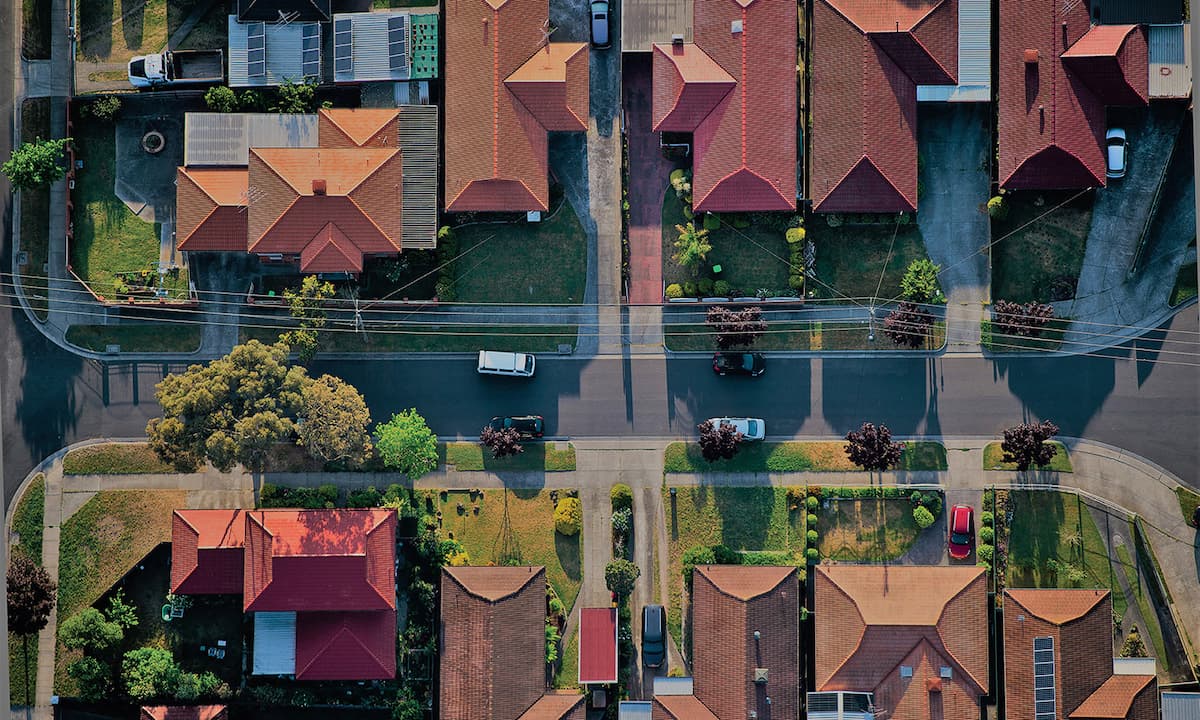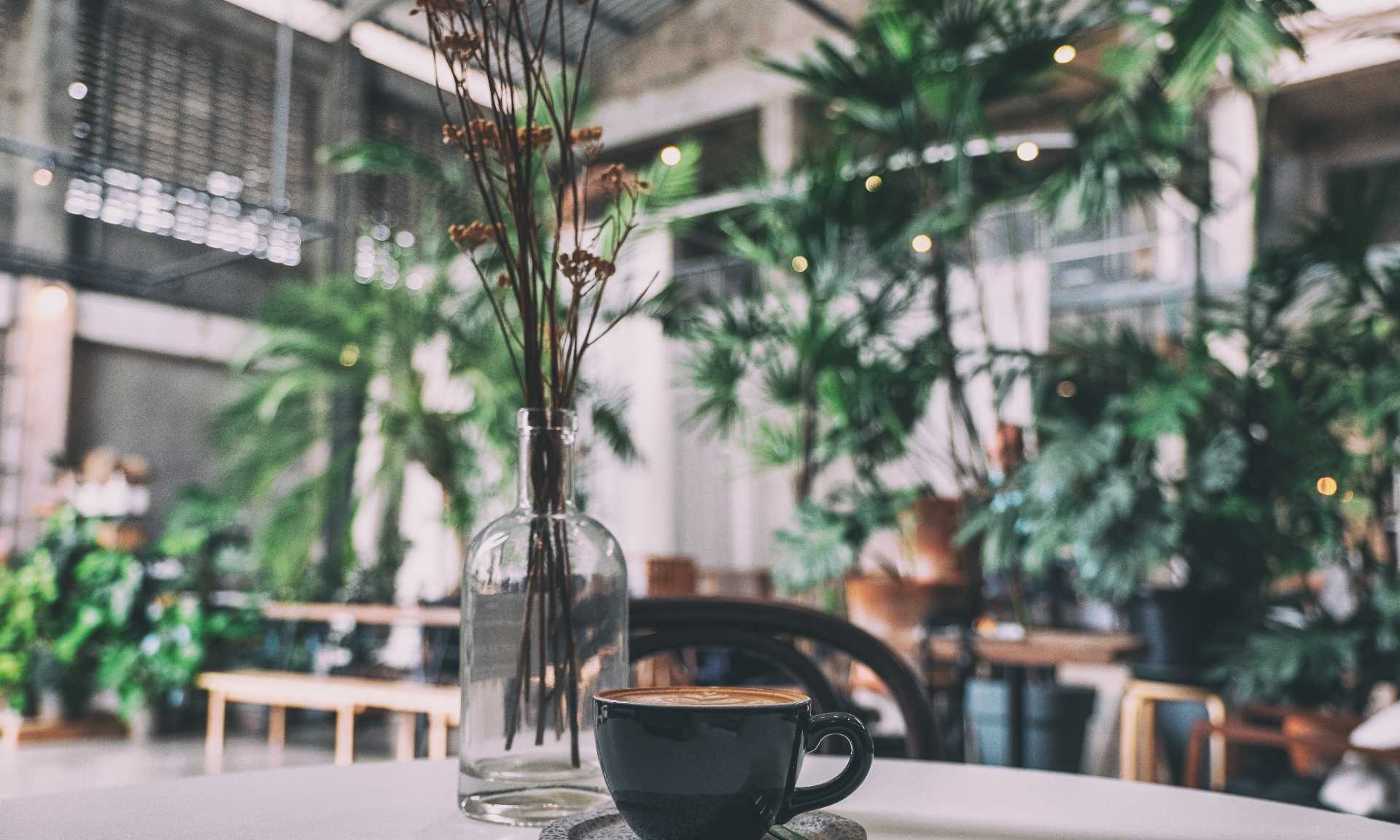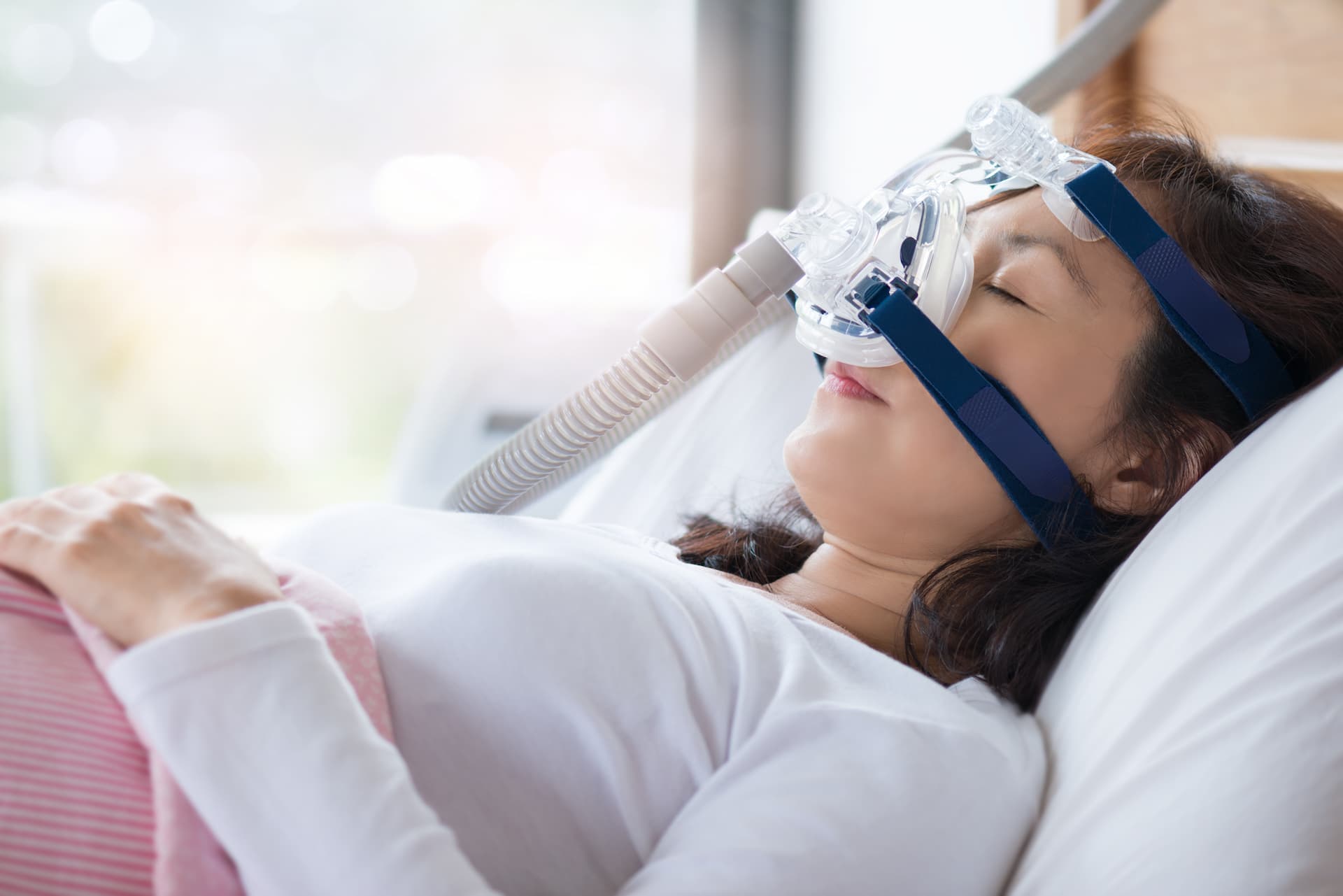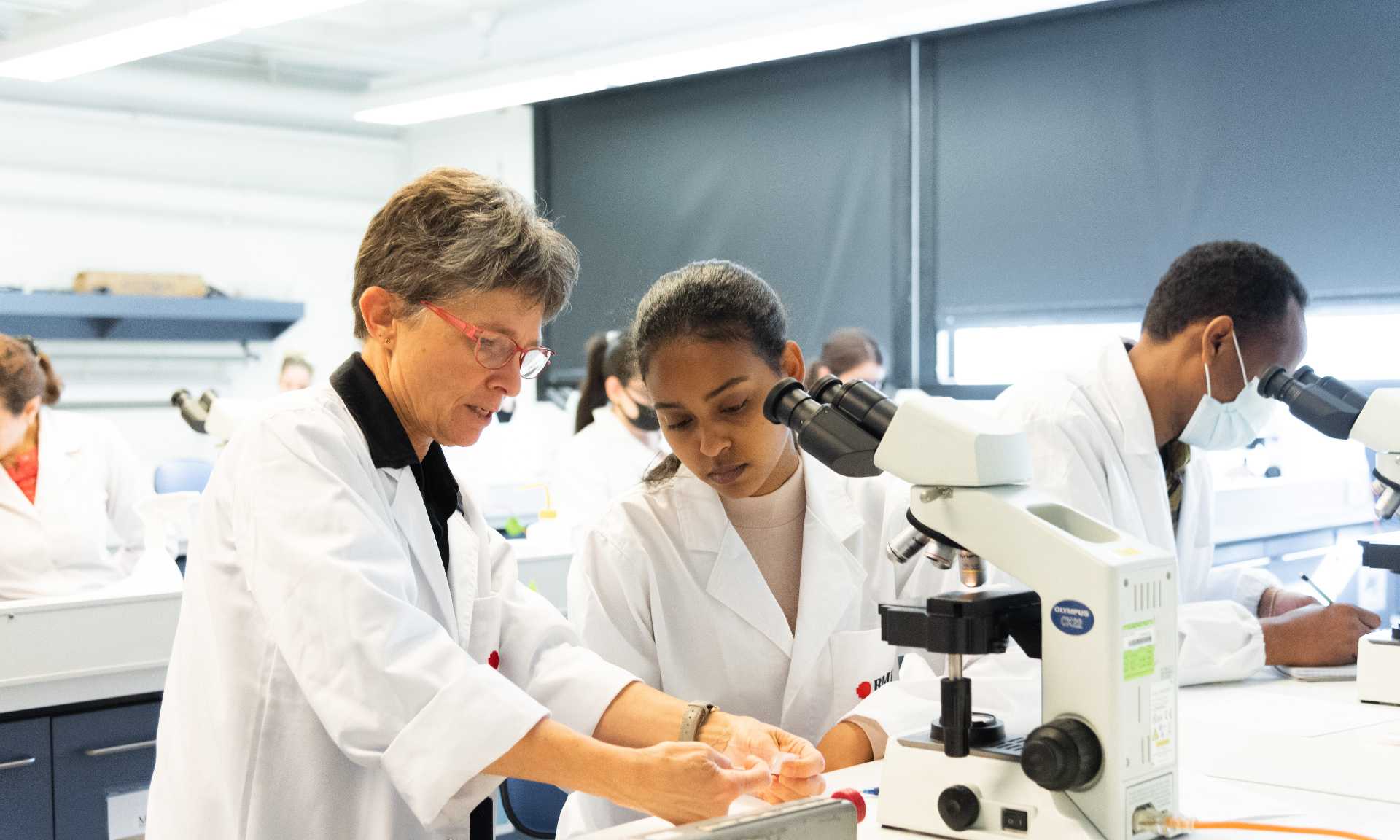Accrediting Ethical Fashion
Investigating the implementation of third-party ethical certification in Australian fashion social enterprise.
Adoption and Diffusion of Disruptive Technologies: The Case of 3D Printing in Medical Device Industry Project
This revolutionary technology is a subset of additive manufacturing and is now the focus of a major project funded by RMIT University looking at its role as a ‘disruptive technology’ in the Medical Technology (MedTech) industry.
Biodiversity Sensitive Urban Design for more lively urban futures
Conserving nature in cities has benefits for human health and wellbeing, as well as for biodiversity.
CaTPin Conversation as Therapy
CaTPin presented the idea of “conversation as therapy’. It aimed to address the issue of loneliness due to a lack of social interaction by developing a discreet, low-cost wearable.
Circular economy integration for sustainable built environment education
The circular economy (CE) model has been referred to as a promising solution to gradually decouple economic growth from natural resources by closing loops.
Circular mapping the circular economy ecosystem of Victoria
The RMIT research project “Circular mapping the Circular Economy ecosystem of Victoria” set the foundation for understanding the current ecosystem between stakeholders and the roles they play towards a circular transition.
Eat Move Heal
'Eat Move Heal', a multi-school, multi-College collaborative research project with external partners Northern Health, City of Whittlesea and SaferCare Victoria, aims to co-design diet/nutrition, exercise and mental health support tools to recovery (brain, heart, immune system) from long COVID-19.
Embedding circular economy principles within a Social Innovation Precinct
The project aimed to contextualise previous circular economy related work conducted by the Integrated Circular Economy, Clean Energy and Climate Resilience (IC3P) and the Victorian Circular Activator (VCA) team, which included Circular Economy (CE) ecosystem mapping and circular business models, for practical application to the SIP region.
Establishing new capabilities on strategic foresight and technological roadmapping to foster innovation and interdisciplinary collaboration
This project successfully developed RMIT capabilities to identify mega trends and plausible future scenarios for living, working, researching and investing in environments affected by emerging technologies and markets.
Fanposium: Celebrating Taylor Swift's cultural revolution at RMIT University
On 11 February 2024 RMIT University hosted Fanposium, an event celebrating Taylor Swift's cultural impact with presentations, a documentary screening, and expert panel discussions.
Getting real about digital pivots
Small to medium arts organisations are rapidly adapting to digital workplaces, however many of these organisations lack the digital infrastructure required to pivot online.
Haptic Pathways
Haptic Pathways reimagines the suburban street creating diverse sensory experiences that explicitly include urban residents or visitors of all mobilities and neurodiversities.
Helping to shape the RMIT Centre for Cyber Security Research and Innovation
Working with the then-EIP Director Professor Mark Sanderson, the Information in Society EIP helped broker key links and introductions to essential partners and networks to support the recently-appointed CCSRI Director Professor Warren, facilitating the shaping and rapid integration into RMIT of the CCSRI.
Local communities supporting people with disabilities
RMIT partnered with local government and a service provider, community organisations, local businesses and residents to develop innovative ways of increasing the local community’s capacity to support and include people with disabilities.
On Our Own Terms – Developing lived experience advocacy and leadership for social sector systems change
‘On our own terms’ is an opportunity to hold space for conversations about what is being experienced in the landscape of lived experience advocacy and leadership across Australia.
Pathways to Healthy Ageing: An interdisciplinary collaborative approach to positive health
Ageing is commonly accompanied by an associated increase in the prevalence of chronic musculoskeletal, metabolic and mental health conditions that affects physical capacity and overall decline in quality of life.
Planning liveable cities with the Australian Urban Observatory
The Australian Urban Observatory is a digital liveability planning tool developed for decision-makers and the community to measure and map the liveability of neighbourhoods in Australian cities and create more liveable places through planning.
RMIT’s Cafe Lab – a zero waste initiative
Cafe Lab will turn surplus, rescued food into delicious meals for the community, with zero waste.
Safety4Rails
In 2020, RMIT University’s CAMS (A Central Asset Management System with a Data-Driven Flare), became a partner in a multi-million dollar European project on rail cybersecurity research known as Data-based analysis for SAFETY and security protection FOR detection, prevention, mitigation and response in trans-modal metro and RAILway networkS (SAFETY4RAILS).
Shaping Connections Project ‘Insights on connectedness and technology use among older Australians’
With an ageing population, it is important to keep our elderly community active, healthy and engaged, ensuring that the digital economy is not only a source of growth but also one of inclusion.
Snoretox
Labelled ‘the opposite of Botox’, Snoretox will use minute amounts of tetanus toxin to effectively tone and tighten muscles, as opposed to Botox’s relaxing of muscles.
Social Sciences Week
As the principal sponsor of Social Sciences Week, RMIT University is thrilled to host a diverse array of thought-provoking events each year September, spotlighting the essential role of social sciences in addressing today’s pressing issues.
Society 5.0 Ethics: A Festival of Ideas
On 17-18 June 2024, RMIT and Utrecht University hosted "Society 5.0 Ethics: A Festival of Ideas", featuring distinguished academics and fostering discussions on ethical technology innovation.
Society 5.0: Technology Innovation, Ethics & Human Rights – Charting a New Frontier at RMIT
Professors Annette Markham and Lisa Given are leading a project to facilitate global discussions to lead ethical decision-making for the next generation of new technologies.
